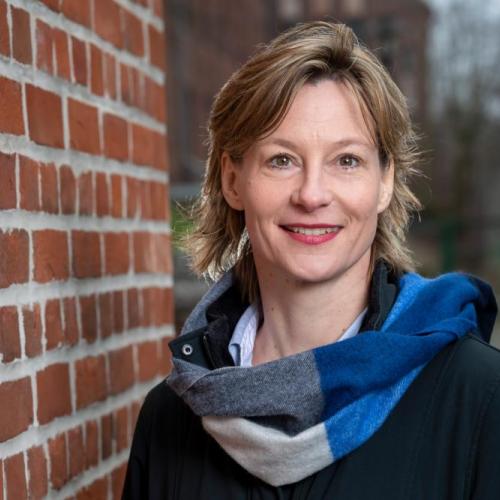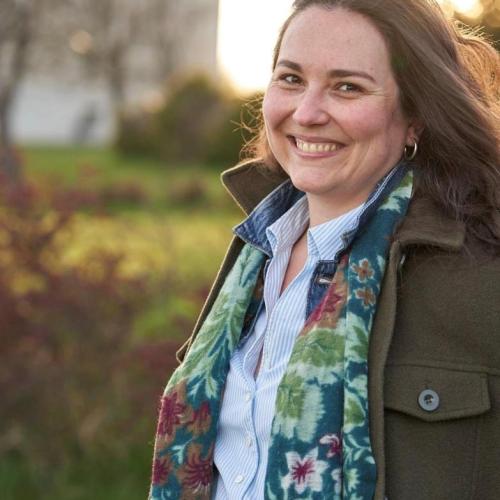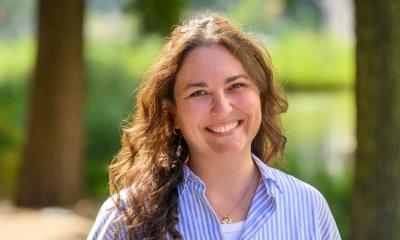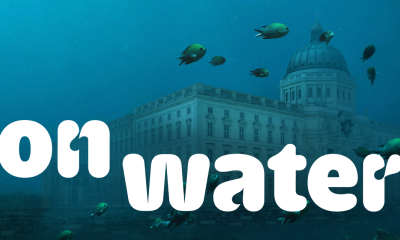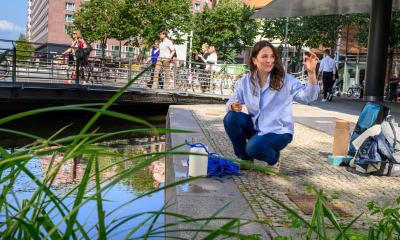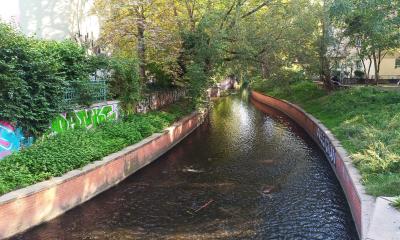BiNatUr – Bringing Nature Back
Short profile
Duration
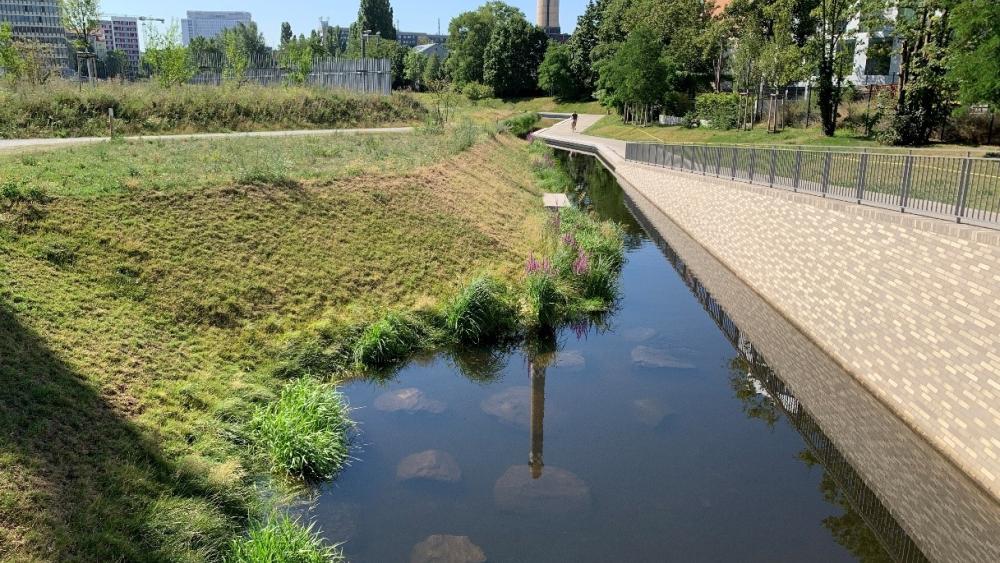
Urban Space meets Nature. Südpanke, Berlin. | Photo: Thilo Wellmann, Humboldt-Universität zu Berlin
Climate change will affect the quantity, quality and distribution of water in urban environments. Wetlands, streams and ponds can be found throughout European cities, however, their role in improving climate change resilience and biodiversity is not yet fully understood. Through social, ecological and technological system frameworks (SETS) the complex interactions of aquatic nature-based solutions (NBS) will be explored across five European cities (Antwerpen, Berlin, Helsinki, Lisbon and Poznań. The aim is to improve the planning and restoration of new and existing nature-based solutions to increase the resiliency of cities and create climate-smart, biodiverse and sustainable urban spaces.
Find more information on the project website.
Example of aquaNBS - fish pass along the Panke River, Berlin. | Photo: Thilo Wellmann, Humboldt-Universität zu Berlin
Urban water bodies contribute towards cooling and improving air quality, as well as providing habitat for wildlife. Renzo Piano Pond in Berlin. | Photo: Thilo Wellmann, Humboldt-Universität zu Berlin

The isotope laboratory at IGB. | Photo: David Ausserhofer
This research was funded through the 2020-2021 Biodiversa and Water JPI joint call for research projects, under the BiodivRestore ERA-NET Cofund (GA N°101003777), with the EU and the funding organisations The Research Foundation - Flanders (FWO), Belgium; Academy of Finland (AKA), VDI/VDE-IT, Germany; National Science Center (NCN), Poland and Fundação para a Ciência e Tecnologia (FCT), Portugal


